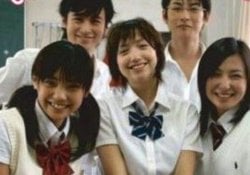Futoko or Futoukou is a phenomenon that emerged in Japan in the early 2000s and refers to children and adolescents who often refuse to go to school or completely drop out.
Students diagnosed with futoko often have learning difficulties, psychological problems and may show signs of severe anxiety.
They often prefer to stay at home alone or with friends in friendly surroundings rather than dealing with the pressures of study and the rigidity of schools.
There are several possible causes for the phenomenon, such as social pressures, bullying or student burnout, but there are also many uncertainties about it.
In any case, the Japanese government has focused especially on the prevention of futoko and has taken steps to improve conditions in Japanese schools.
This situation is very reminiscent of the article: Do you know what a Hikikomori or NEET is?
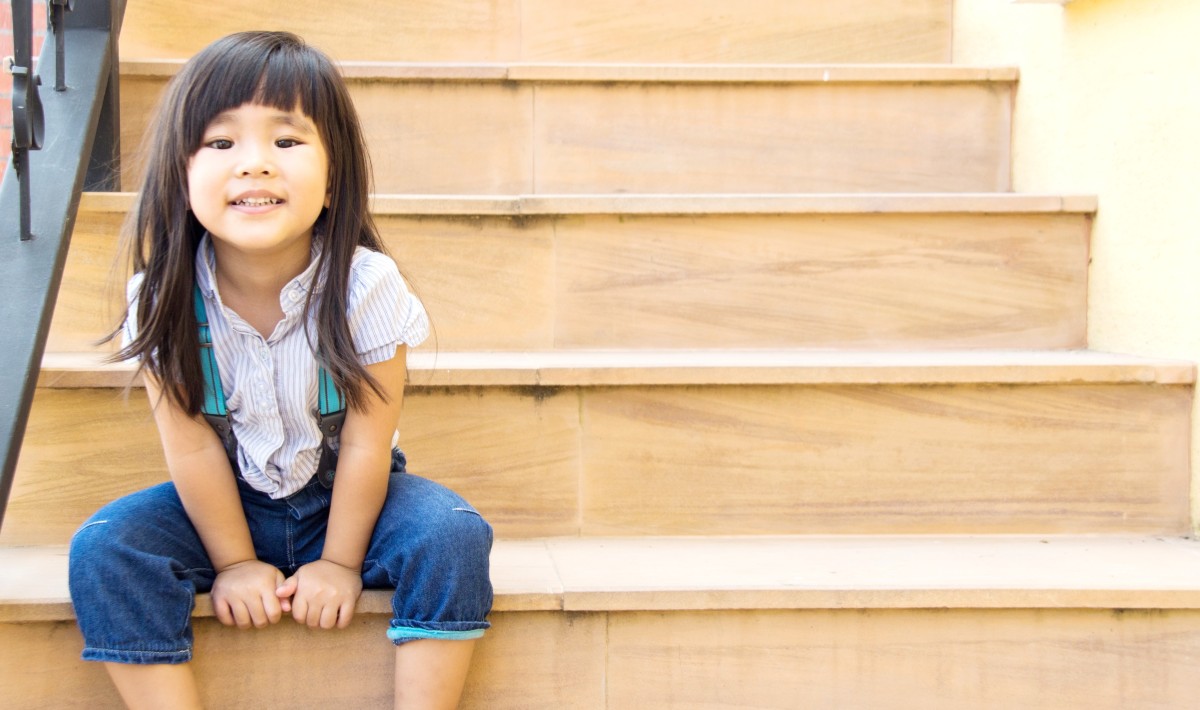
Índice de Conteúdo
What does the word Futoko mean?
Although we write "futoko" due to western romanization, it is worth mentioning that the correct is "futoukou" [ふとうこう]. The ideograms that make up the word are [不登校] and mean school absence or no school.
The term is written with the two ideograms [不] (Fu) meaning "no" and [登] (To) meaning "ascend". The last ideogram [校] refers to school.
In addition to its literal meaning, the term can also be used to describe a person who is not socially active or involved in society. A person who rarely leaves the house, or someone who avoids social interaction.
The ideogram for [不] is composed of a hand and the ideogram [登] is composed of a person and a ladder. This implies that not going to school involves actively avoiding an opportunity for self-improvement, suggesting that the student is voluntarily missing out on the chance to learn and acquire knowledge.
Read also: The development of Japanese children
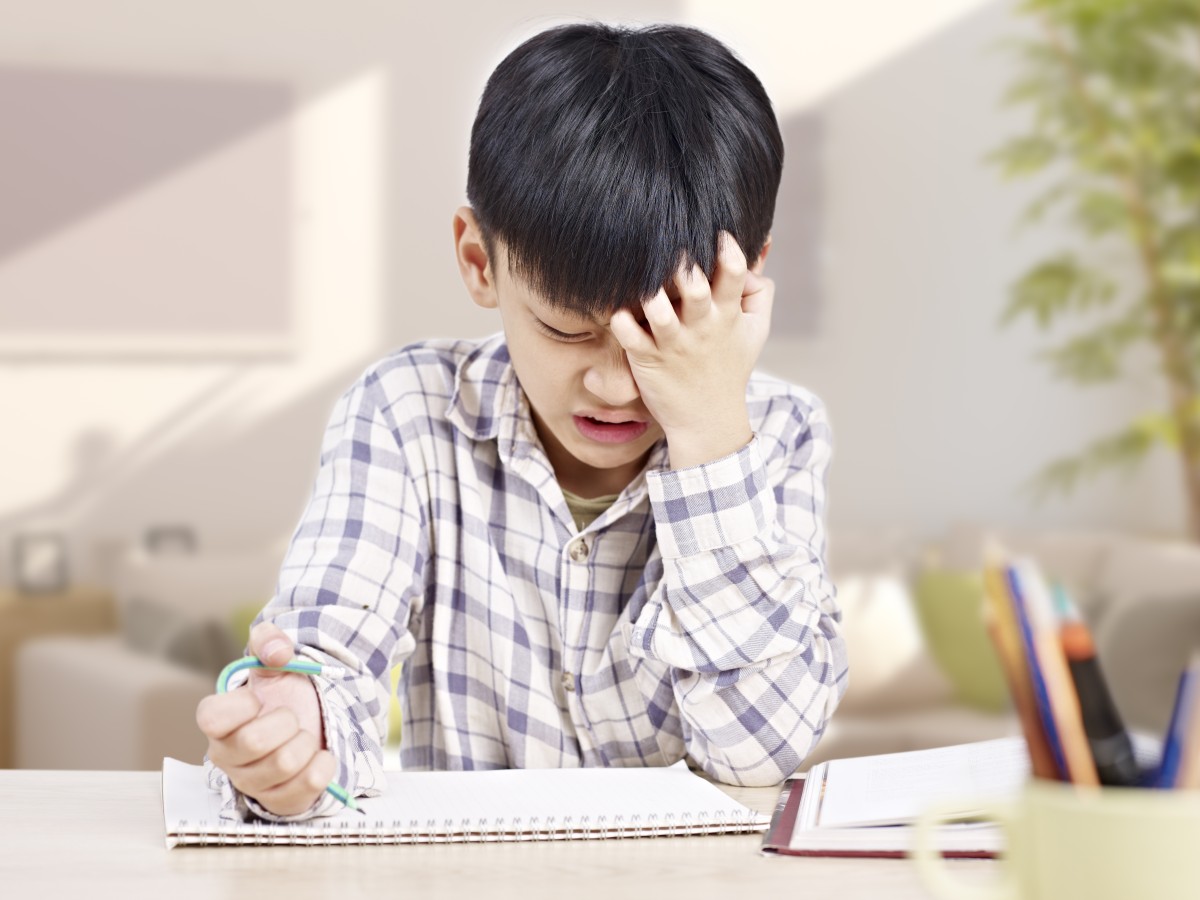
Fushuugaku [不就学] - Not Attending School
The difference between Fushugaku and Futoko is that generally the word Fushuugaku is used for children who have never enrolled in school, while Futoko are people who have registered but do not attend.
Generally, students considered Fushugaku are mostly foreigners who have not adapted to the Japanese language or for other personal and family reasons.
As there is no obligation for foreign children to attend schools, the term Fushuugaku fits with foreigners, especially parents who want their child to learn their native language.
What Causes Futoukou?
There are a variety of reasons why children don't want to attend school. Often the causes are complex, some of them are:
- Bullying: one of the main causes of Futoko is bullying, or physical and psychological abuse by classmates. This can lead children to feel insecure and unmotivated to attend school.
- Learning difficulties: children with learning difficulties, such as dyslexia or difficulty concentrating, may feel discouraged and unable to keep up with the pace of the classroom, and may end up avoiding classes.
- Mental health issues: Mental health issues such as anxiety and depression ultimately affect a child's ability to cope with school pressure.
- Family problems: some children may be facing problems at home, such as parental separation or financial problems, while others have absentee parents and may even live alone.
- Demotivation and lack of interest: the traditional teaching methodology can be a bit archaic, boring and tiring for some children, leaving them unmotivated and without interest.
In addition, some children may be facing several of these problems at the same time, each child has a unique situation and reality, so the list of causes can be much longer.
Read also: Chuunibyou - The high school crisis
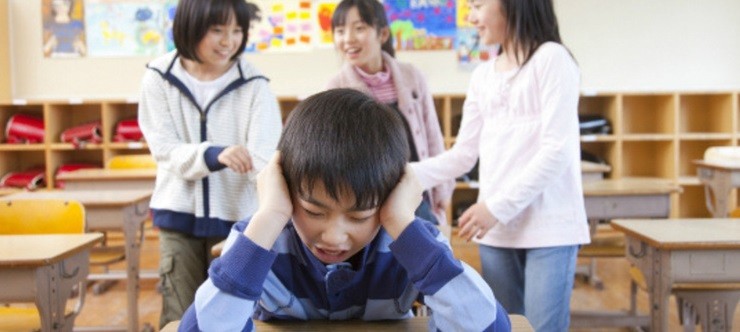
The article is still halfway through, but we recommend also reading:
More and more children in Japan drop out of school
An example of this is the story of Yuta Ito, a ten-year-old boy, who waited until a holiday week to tell his parents that he no longer wanted to go to school.
He was being bullied and suffering in silence for months. Yuta's parents were given three options: send him to school counseling, homeschool him, or move him to an alternative school.
They chose the latter option and Yuta went to a government-recognised school that prioritizes children's freedom and individuality. The trend has been the increasing enrollment in this type of alternative school, while the number of cases of bullying in conventional schools continues to increase.
On October 17, 2019, the Japanese government announced that the number of absences among middle and high school students reached a record high, with 164,528 children absent for 30 days or more during 2018, compared to 144,031 in 2017.
We recommend reading: Do Japanese children walk differently?
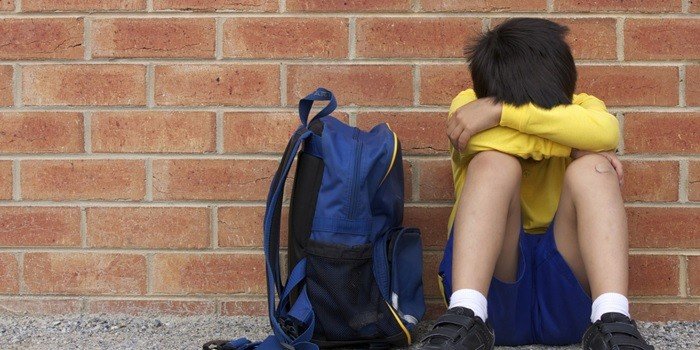
What to do in case of Futoukou?
Children suffering from futoukou, or refusal to attend school, have a few alternative options. Some of the options include:
- School counseling: children can attend school counseling sessions to deal with issues such as bullying, learning difficulties, or mental health issues that may be keeping them from attending school.
- Homeschooling: some families choose to teach their children at home, either through distance learning programs or through private tutors.
- Alternative schools: as mentioned, there are alternative schools recognized by the government that prioritize children's freedom and individuality, are less conventional schools, and may be a good option for children who do not adapt to the traditional school environment.
- Psychological and psychiatric care: Children suffering from mental health issues such as anxiety and depression may need specialist treatment to deal with these issues and get back to school.
- remote learning: Some VR programs are being used for remote classes, where children can participate in a virtual room, with the presence of their classmates and teachers and still have the interaction and help of a tutor during classes.
It is important to note that every child has their own unique situation and it may be necessary to explore various options before finding a solution that is right for them, advice from an expert in the field is critical.
See more: Children go to and from schools alone in Japan! Because?
Conclusion
In summary, Futoko is a growing phenomenon in Japan, where children are refusing to attend school, causing concern for families and educators.
The causes of Futoko can be varied and complex, including bullying, learning disabilities, mental health issues, family issues, and demotivation.
Alternatives available to children suffering from Futoko include school counseling, homeschooling, alternative schools, and psychological and psychiatric care.
Additionally, VR technology has been experimented with in some schools as a way to make learning more immersive and engaging.
However, it is important that each case is evaluated individually to find the best solution for each child. Prompt attention and intervention is essential so that children can go back to school and develop in a healthy way.

